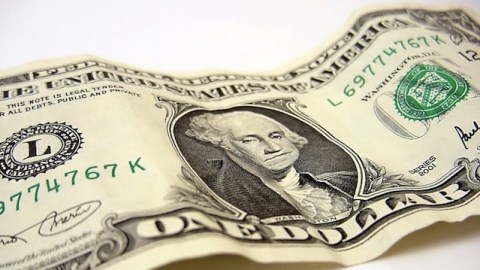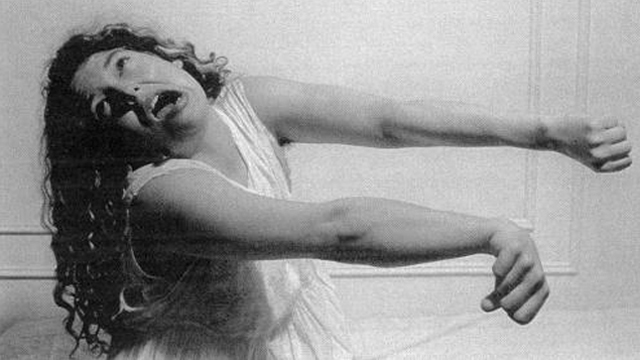A Good Year to Die

It’s a good year to die. Right now—for the first time in 94 years—there’s no estate tax. So if something should happen to you, your beneficiaries won’t have to pay any transfer taxes on what you leave them. It’s a perverse incentive. But if you are a wealthy American—a George Steinbrenner, say—who has to go, now’s the time.
Congress introduced the modern estate tax in 1916. With customs revenue falling as WWI drastically slowed international trade, Congress began to tax people’s estates as part of a package to raise money to prepare for possible entry into the war. Congress added a gift tax later as a way of preventing people to get around the new estate tax. Originally, the largest estates were subject to a 10% marginal tax, but that rate has fluctuated over the years. When John D. Rockefeller—the first American billionaire—died at the heart of the Great Depression, his estate was taxed at a rate of 70%. The top rate climbed all the way to 80% in during WWII before starting to come back down again in the 1970s. During the Clinton administration, the top rate was 55%. In the summer of 2001, the estate taxes began to be phased out completely as part of the Bush tax cuts. But Congress had to make the changes to the tax code temporary in order to get around the Byrd rule allowing Senators to block legislation that would increase the deficit in the long term. That means that if Congress doesn’t do anything this year, the estate tax reverts back to the 55% Clinton top rate next year.
If the Bush tax cuts were supposed to encourage the economy to grow they failed badly. Paul Krugman has called the last decade a “big zero” because there was essentially no growth in jobs, household income, and personal wealth. As I’ve written, the economy grew more slowly than in any other decade since the 1930s. The richest Americans, however, took home a larger and larger share of our national income, partly as the result of the Bush tax cuts. But they were the only ones to really do well.
One of the main points of estate taxes, of course, is to prevent disparities in wealth from growing too wide. It was fear of the growing power of the super-rich that led President Theodore Roosevelt to call for “a progressive tax on all fortunes, beyond a certain amount either given in life or devised or bequeathed upon death to any individual—a tax so framed as to put it out of the power of the owner of one of these enormous fortunes to hand on more than a certain amount to any one individual.” The idea was to keep unearned wealth from accumulating in the hands of a few people and prevent the formation of a permanent upper class with the power to control the country. Ideally, if no one can inherit too much money, then we all start on a level playing field and have roughly the same opportunity as everyone else to get ahead.
Opponents of estate taxes call them a “death taxes” to emphasize the way in which the tax seems impose a penalize us for dying. But of course it’s not the people who originally made the money who ultimately pay the tax, but their heirs who have done nothing to earn it themselves. Estate taxes and gift taxes obviously do keep people from passing their money along without paying a penalty, but that discourages people from making money much less than taxing their income directly. Because people who pay estate taxes don’t have to pay capital gains taxes on the investments they inherit, much of the money they receive represents earnings that otherwise would never be taxed at all anyway. And since the first $3.5 million of an estate was exempt from the taxes last year, in practice only a handful of the largest estates paid anything close to the top marginal rate.
It’s not clear what will happen next. Few people thought Congress would actually let the estate tax lapse completely in the first place. There has been talk of retroactively reinstating the tax, but as the year goes on—and the midterm elections approach—that seems increasingly unlikely that Congress will try bring the tax back before the New Year. Former Secretary of the Treasury Robert Rubin and Tiger Managment chairman Julian Robertson make the case in the Wall Street Journal this week for bringing the tax back sooner as a way of raising revenue while doing relatively little to slow consumption. But they quietly fail to mention that the tax they propose is lower than what it would be if next year if Congress just did nothing. Indeed, the real fight is likely not to be over whether to kill the estate tax altogether, but whether to let the estate tax revert to what it was under Clinton or to reinstate it at some different rate.





